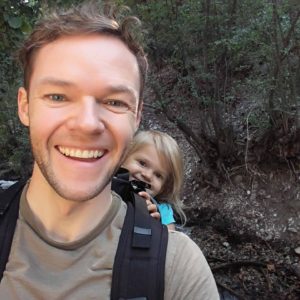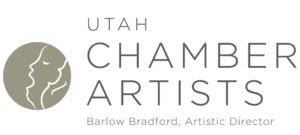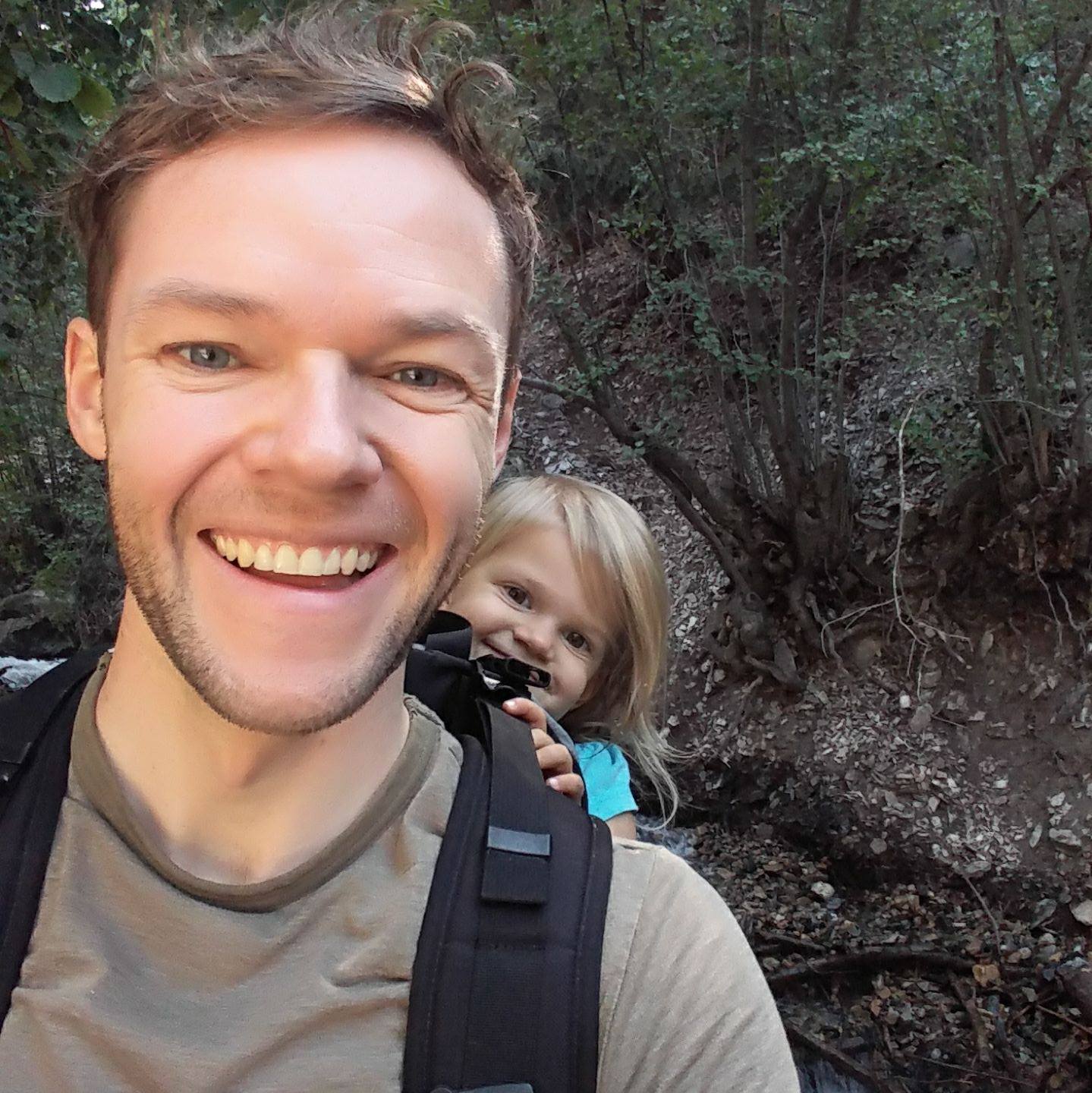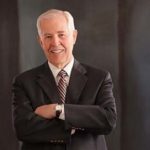Why I Sing — Logan
 I used to sing in choral groups because of those mystical, spine-tingling moments when everything in the choir locks perfectly and sends endorphins charging throughout my system. It happened all the time when I was first getting started in the somewhat advanced choral world as a late teen. It was transcendent: the members of the ensemble seemed to all be knit together as one, and connected with Deity through an almost palpable link. It was literally life-changing when it happened. Almost unbelievable.
I used to sing in choral groups because of those mystical, spine-tingling moments when everything in the choir locks perfectly and sends endorphins charging throughout my system. It happened all the time when I was first getting started in the somewhat advanced choral world as a late teen. It was transcendent: the members of the ensemble seemed to all be knit together as one, and connected with Deity through an almost palpable link. It was literally life-changing when it happened. Almost unbelievable.
Those moments don’t happen anymore. I haven’t had one in a few years, actually. Which doesn’t make sense, frankly, since the groups I now sing with are worlds better than the ones I sang with as a 17 year-old. For years, I chased those experiences: through jazz a cappella groups; through BYU Concert Choir and BYU Singers; through The Consortium Mens Ensemble, Brevitas and Deseret Chamber Singers; through Cantorum Chamber Choir and The Salt Lake Vocal Artists — through so many groups — but those moments … just don’t happen anymore. Still I sing. Why?
Why do I sing now?
The sublime. I chase sublimity now. I hear these pieces and this singing from other groups that draw me heavenward, and I want that. I want to be part of that.
I believe there is something incredibly human about using the instrument God placed within us to produce sounds that amalgamate to an aesthetic experience. It’s the only instrument God built into our bodies. I think that’s extraordinary. And when we use it, He’s somehow there too.
Don’t get me wrong, I love music produced by instruments and I love singing with them, but the voice — the body, the air flowing through the vocal cords, vibrating them, travelling through the resonators and out the mouth, producing this vibrant, resonant, sometimes loud and even brash, sometimes intimate and soft, sound — that’s not something that an instrumentalist can replicate on their piece of wood (or brass, as it were) to the extent that the human voice can. When we combine one of those God-given instruments and all its capabilities with others, the outcome is unlike anything else we can experience in life.
In spite of those transcendent, spine-tingling moments being so rare at this point in my musical development, I still believe there is a three-way connection between each singer of the choir and God. Perhaps that’s why, when we sing in a choral group united in purpose, we feel such a sense of community among its members: those members are, in some way, experiencing each other, and they are also experiencing Divinity among them. Those experiences change us, and when we have profound, changing experiences with other people, love is the outcome — whether it’s in the form of deep abiding friendship or simply a respect for our fellow musician, or something in between.
When I first joined UCA last year, it took me awhile to get to know people. We simply didn’t have a ton of time to sit around and socialize (Barlow runs a very efficient rehearsal). In spite of that, I felt a real sense of community and belonging in the group because of the experiences we were having together. The music we were making was changing us, binding us together, uniting us, tearing down walls of class, gender, political beliefs, religious beliefs, sexual orientation. When I did get a chance to sit with someone in rehearsal and get to know them, there weren’t walls. We were already friends; we just didn’t know each other.
Music provides a medium through which we communicate a message with our listeners. The choir’s ability to unite and have a human — a spiritual — experience as it transmits those messages is the essence of what makes the medium so potent and so celestial.
And when the chords lock, all the better.
That’s why I sing.



